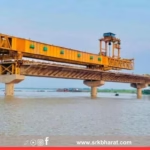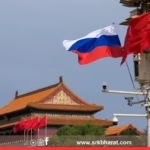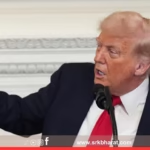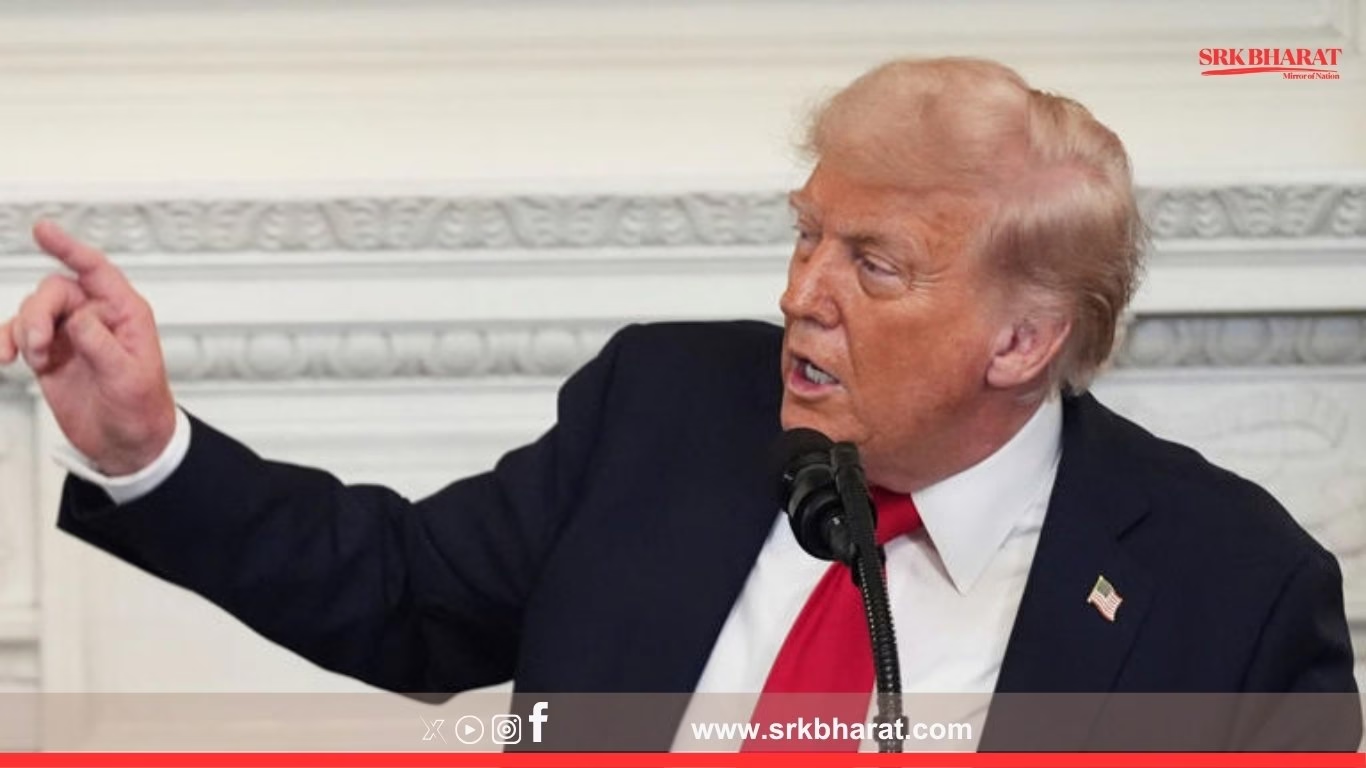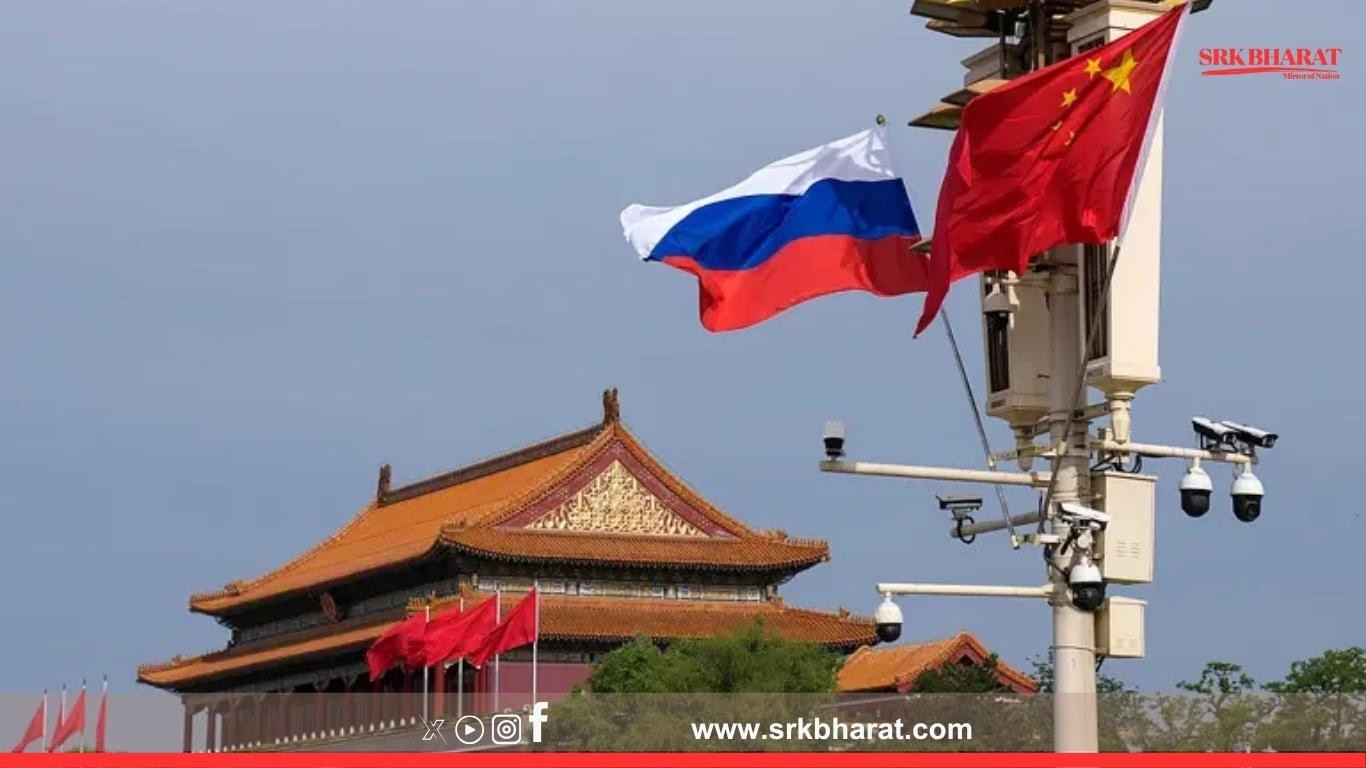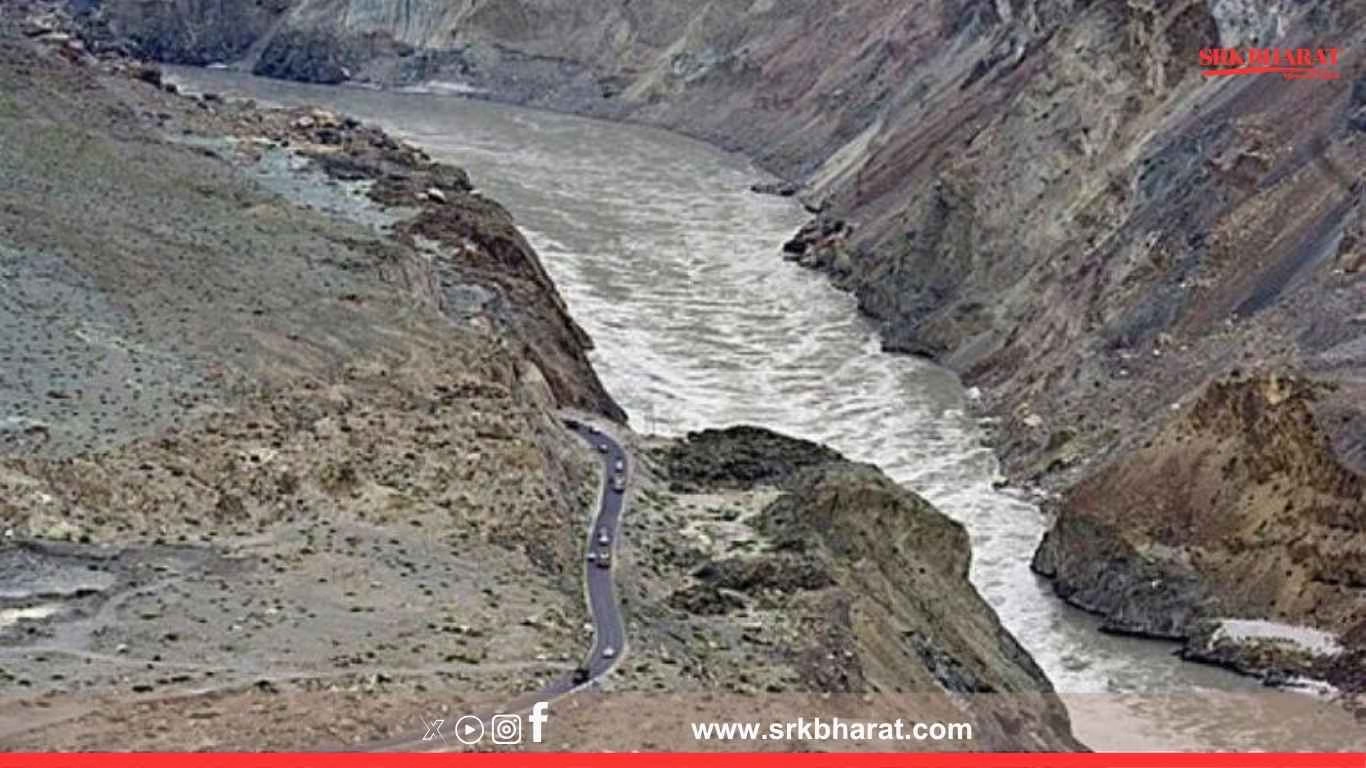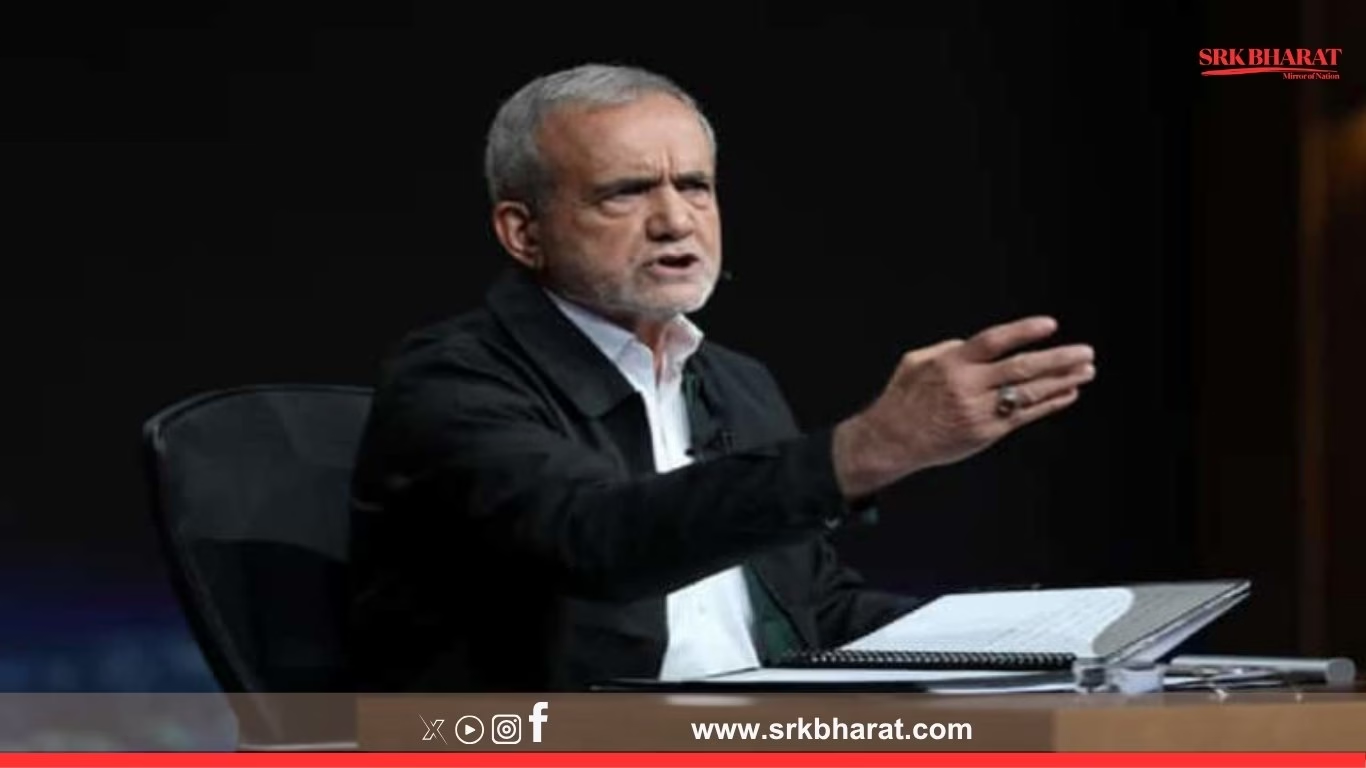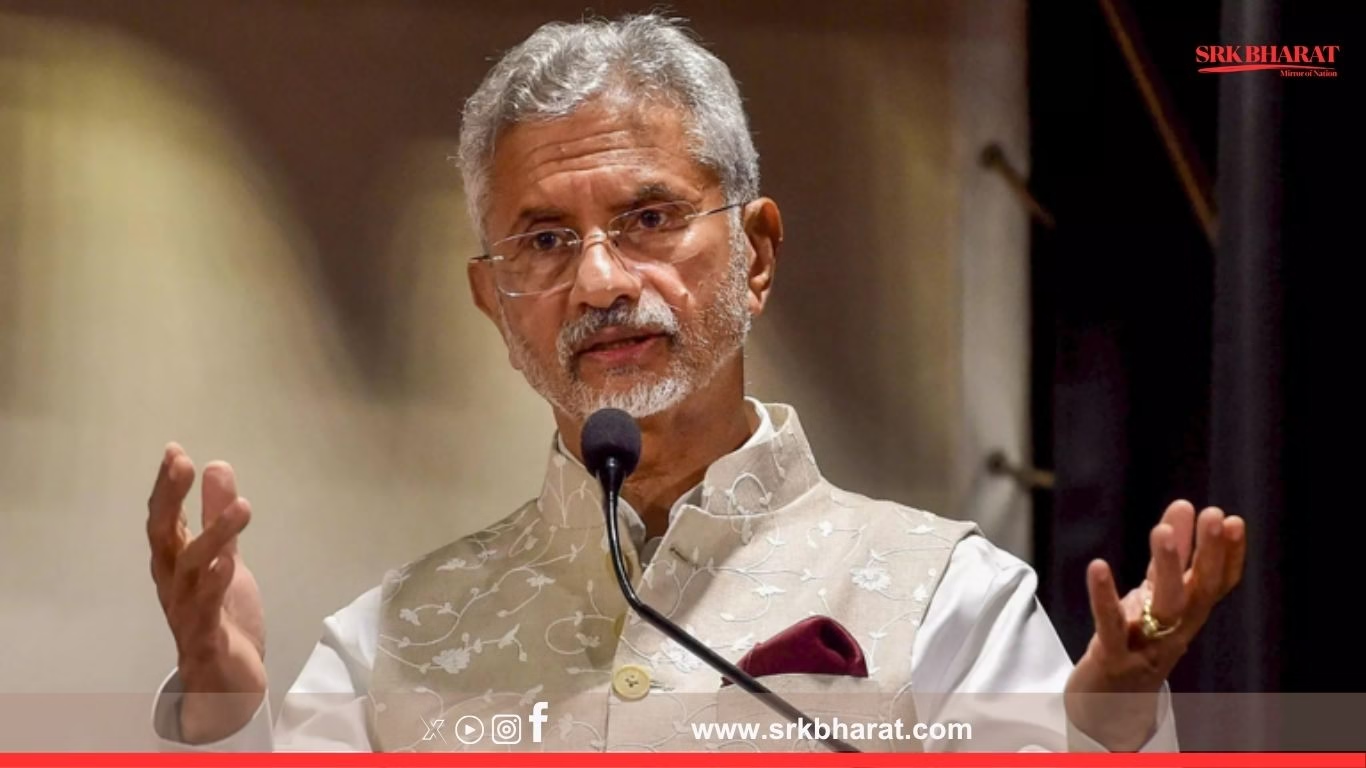In a dramatic escalation of rhetoric surrounding Balochistan’s autonomy and resource rights, prominent Baloch nationalist leader Mehran Marri has penned an open letter to former U.S. President Donald Trump, alleging that the global community — especially Western powers — has been “gravely misled” by Pakistan’s Chief of Army Staff, General Asim Munir. In the letter, Marri asserts that oil and mineral reserves located in Balochistan do not belong to Pakistan and calls for the international community to recognize Balochistan as a sovereign nation.
Marri’s letter, which was released on several digital platforms, has caused a stir not only in Pakistan but also across diplomatic circles engaged in South Asia geopolitics. He argues that Balochistan’s natural wealth — particularly oil, gas, and minerals — is being “illegally exploited” by Pakistan, a state which he accuses of enforcing colonial rule through military occupation.
Context and Timing: A Strategic Move
The timing of Marri’s letter appears intentional. It comes amid growing tensions between Baloch nationalists and the Pakistani state, intensifying Chinese investments in the region under the China-Pakistan Economic Corridor (CPEC), and an upcoming U.S. election cycle where foreign policy issues may once again dominate headlines.
Mehran Marri, who has long lived in exile in Europe, holds influence as a leading voice for Baloch independence. He is also the son of veteran Baloch leader Khair Bakhsh Marri. His recent outreach to Trump, known for his blunt foreign policy views and skepticism of U.S. involvement in prolonged international alliances, is seen as a calculated attempt to internationalize the Baloch cause.
Key Highlights from the Letter
The letter addressed to “Honorable Donald J. Trump” makes several pointed allegations and demands:
- “Grave deception by General Asim Munir”: Marri accuses Pakistan’s Army Chief of falsely presenting Balochistan’s resources as Pakistan’s national assets in international dealings, particularly with China and Saudi Arabia.
- “Oil reserves not in Pakistan”: The Baloch leader insists that the natural resources extracted from Balochistan do not legally belong to the Pakistani state, as Balochistan was an independent territory forcibly annexed in 1948.
- “Appeal for recognition”: He urges Trump and the international community to acknowledge Balochistan’s right to self-determination, likening it to historical anti-colonial struggles.
- “Illegal militarization and suppression”: Marri alleges widespread human rights violations by Pakistani forces in Balochistan, including enforced disappearances, torture, and extrajudicial killings.
- “CPEC exploitation”: The letter also criticizes the China-Pakistan Economic Corridor as a “colonial project” that is “raping” the land of its resources without benefitting the Baloch people.
International Implications
Marri’s letter has broader implications for regional geopolitics. Balochistan, Pakistan’s largest and resource-richest province, is strategically vital due to its coastline along the Arabian Sea and its role in CPEC. The Gwadar Port — a flagship project under the Belt and Road Initiative — is situated here, and its control is central to China’s ambitions for access to the Indian Ocean.
The letter draws international attention to Pakistan’s internal political tensions and resource-related conflicts. It also raises questions about transparency in regional investments and the rights of indigenous populations.
Resource Ownership Dispute: Economic Overview
| Resource | Estimated Reserve (Balochistan) | Claimed by Pakistan | Disputed by Baloch Leaders |
|---|---|---|---|
| Oil | ~6 billion barrels | Yes | Yes |
| Natural Gas | Sui field alone: 12 TCF | Yes | Yes |
| Copper & Gold | Reko Diq: $500 billion est. | Yes | Yes |
| Coal | 2 billion tons | Yes | Yes |
| Rare Earths | Not fully explored | Yes | Yes |
Reaction from Pakistani Authorities
Pakistan’s government has yet to issue a formal response to Marri’s letter. However, military sources have previously dismissed similar statements as “foreign-backed propaganda” aimed at destabilizing the country. Officials maintain that Balochistan is an integral part of the nation and that development projects in the region are designed to uplift the local population.
Security analysts note that Pakistan is unlikely to tolerate any public internationalization of Baloch issues, especially when high-level military leadership is directly criticized. In previous instances, statements by Baloch leaders in exile have triggered diplomatic tensions and led to increased surveillance and action against local dissent.
Role of the International Community
The letter appeals directly to Western leaders and multinational corporations that have signed deals with Pakistan involving Baloch resources. Marri warns that investing in Balochistan without consulting its native leadership could be considered illegitimate in international law and could expose companies to legal and reputational risk.
He further demands that foreign nations reconsider any bilateral agreements with Pakistan that include Balochistan-based projects, claiming that such deals are being signed under coercive occupation.
Baloch Struggle for Autonomy: A Timeline
| Year | Event |
|---|---|
| 1947 | British India partitions; Balochistan declares independence briefly |
| 1948 | Pakistan annexes Balochistan; military presence begins |
| 1970s | First major Baloch insurgency, brutally suppressed |
| 2000s | Rise of Baloch Liberation groups, exiled leadership gains voice |
| 2015 | CPEC launched; opposition from Baloch groups increases |
| 2020s | Human rights abuses reported widely; UN attention intensifies |
| 2025 | Marri’s open letter to Trump escalates call for international action |
Domestic and Global Reactions
While Western media has only just begun to pick up the story, several Baloch rights groups, exiled activists, and diaspora organizations have welcomed Marri’s bold letter. On social platforms such as X (formerly Twitter), hashtags like #FreeBalochistan, #MarriLetterToTrump, and #AsimMunirMisled have gained traction.
Some Pakistani users dismissed the letter as a political stunt, while others noted the lack of meaningful engagement by Islamabad with Baloch concerns as a long-standing issue.
Regional observers caution that such declarations, while symbolic, could affect international investment confidence and intensify scrutiny of Pakistan’s internal stability.
Will Trump Respond?
Whether or not Donald Trump responds remains to be seen. Known for his transactional view of foreign policy, Trump may not engage directly with Marri’s plea unless it aligns with broader U.S. strategic or commercial interests. However, should he or his campaign team issue even a symbolic response, it could amplify the Baloch issue dramatically on the world stage.
Looking Ahead
As calls for autonomy and self-determination continue to rise in Balochistan, and as Pakistan seeks to assure stability in its frontier regions, the international community faces a growing dilemma. Should it continue to engage with Pakistan’s centralized leadership, or should it begin to listen more seriously to sub-national voices like that of Mehran Marri?
The open letter may not immediately shift global policy, but it has once again highlighted the unresolved question of Balochistan’s future — a question now being raised in the corridors of Washington and beyond.
Disclaimer: This article is based on statements, letters, and publicly available information at the time of writing. The political, legal, and territorial claims mentioned are subject to multiple interpretations and do not reflect the views or endorsement of the publisher.

